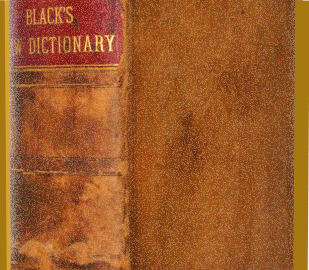7 May 2014

For biographers and personal historians, donations are the crown jewels in every trove of legal documents, because people donate to others and causes that are dear to them. As researchers, it is important for us to know the difference between disparate types of donations.
A donatio inter vivos is a gift between living people. The transfer takes place immediately and irrevocably.
A donatio mortis causa is a gift made by someone because death seems imminent. The goods or title would be transferred with the understanding that ownership is contingent upon that death. If the death does not occur and the donee has already taken possession, then the donee is obliged to return the gift if requested.
How many other types of legal donations can you find in your handy copy of Bouvier or Black's law dictionary?
donatio propter nuptias
"A gift on account of marriage," which Black's annotations suggest was a sort of quid pro quo whereby the groom paid in advance to secure the bride's dos.
Searching Black's on the word gift turned up a couple of terms in Scotch law that fascinated me, though they aren't particularly relevant to genealogy:
calpes A gift to the head of a clan, as an acknowledgement for protection and maintenance.
champert A gift or bribe, taken by any great man or judge by any person, for delay of just actions, or furthering of wrongous actions, whether it be lands or any goods movable.
Words are a wonderful little window to the cultures that used them.
Thanks, KayR, for the
Thanks, KayR, for the additions. Your last sentence is so on target!